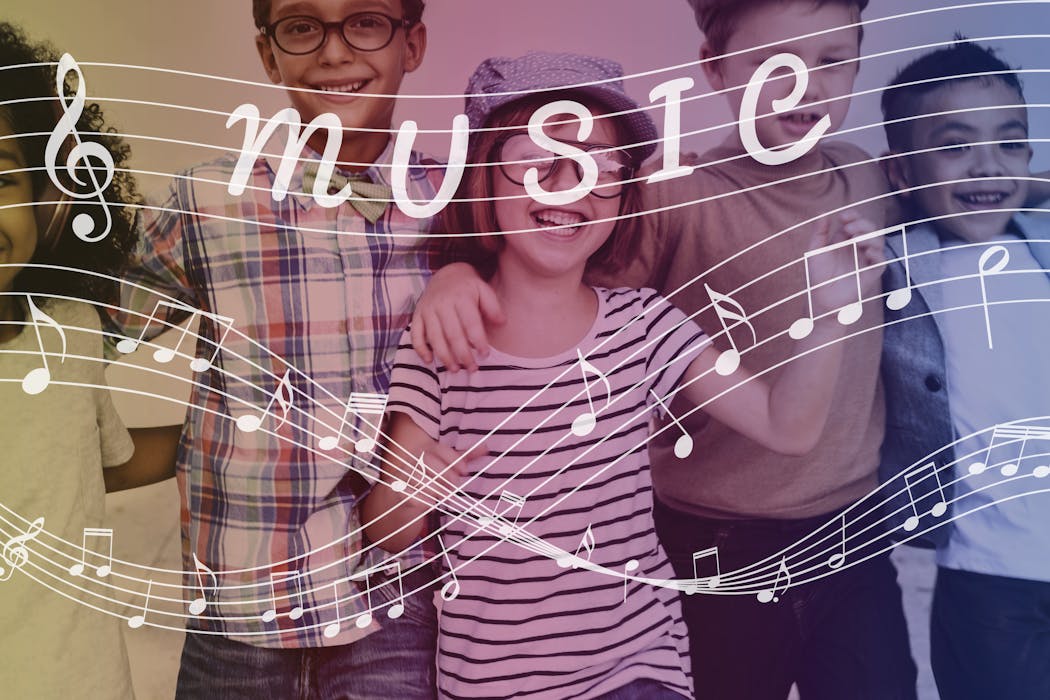Music therapy is a powerful and effective form of therapy that utilizes the healing properties of music to address physical, emotional, cognitive, and social needs of individuals. It has been used for centuries as a means of promoting wellness, managing stress, alleviating pain, expressing feelings, enhancing memory, improving communication, and promoting physical rehabilitation. Music therapy can be used with people of all ages and abilities, and can be particularly beneficial for individuals with special needs, such as those with autism, developmental disabilities, or mental health disorders.
Music therapy works by engaging individuals in musical activities such as singing, listening to music, playing instruments, and creating music. These activities can help to stimulate the brain, improve mood, reduce anxiety, and enhance overall well-being. The power of music therapy lies in its ability to reach individuals on a deep emotional level, providing a non-verbal means of expression and communication. It can also help to create a sense of community and connection among individuals, fostering a supportive and inclusive environment.
Music therapy has been shown to have a positive impact on a wide range of conditions, including depression, anxiety, chronic pain, dementia, and PTSD. It can also be used to support individuals undergoing medical treatments such as chemotherapy or surgery. The power of music therapy lies in its ability to tap into the universal language of music to promote healing and well-being.
The Role of Certification in Music Therapy
Certification in music therapy is an important aspect of ensuring that practitioners are qualified to provide effective and ethical care to their clients. In order to become certified, individuals must complete a comprehensive training program that includes coursework in music therapy techniques, psychology, human development, and ethics. They must also complete a supervised internship and pass a national certification exam.
Certification in music therapy serves as a standard of professional competence and ethical practice. It ensures that practitioners have the necessary knowledge and skills to provide safe and effective care to their clients. It also helps to protect the public by ensuring that individuals seeking music therapy services are receiving care from qualified professionals.
In addition to providing a standard of professional competence, certification in music therapy also helps to promote the growth and development of the field. It encourages practitioners to stay current with the latest research and best practices in music therapy, and provides opportunities for ongoing professional development. Certification also helps to elevate the status of music therapy as a legitimate and effective form of therapy.
The Impact of Music Therapy Certification on Practitioners
For practitioners, obtaining certification in music therapy can have a significant impact on their careers and professional development. Certification provides practitioners with a sense of accomplishment and validation of their skills and knowledge. It can also open up new opportunities for employment and advancement within the field.
Certification in music therapy can also provide practitioners with increased confidence in their abilities to provide effective care to their clients. It can help them to feel more secure in their knowledge and skills, and can provide a sense of professional identity and belonging within the field. This can lead to increased job satisfaction and overall well-being.
In addition to the personal impact, certification in music therapy can also have a positive impact on practitioners’ ability to provide high-quality care to their clients. It can help them to stay current with the latest research and best practices in music therapy, and can provide opportunities for ongoing professional development. This can ultimately lead to improved outcomes for clients and a higher standard of care within the field.
The Benefits of Music Therapy Certification for Clients
For clients, working with a certified music therapist can provide a number of benefits. Certification ensures that practitioners have the necessary knowledge and skills to provide safe and effective care to their clients. This can help to ensure that clients receive high-quality care that is tailored to their individual needs.
Certification in music therapy also provides clients with a sense of confidence in their therapist’s abilities. It can help them to feel more secure in the care they are receiving, and can provide a sense of trust and rapport with their therapist. This can ultimately lead to improved outcomes and a more positive therapeutic experience.
In addition to providing a sense of confidence, certification in music therapy can also help clients to access services from qualified professionals. This can help to protect clients from potential harm or exploitation, and can ensure that they are receiving care from individuals who adhere to ethical standards and best practices within the field.
The Importance of Empowering Others Through Music
Empowering others through music is an important aspect of music therapy that can have a profound impact on individuals’ lives. Music has the power to inspire, motivate, and uplift individuals, providing them with a sense of empowerment and agency over their own lives. Through music therapy, individuals can learn to express themselves in new ways, develop new skills, and build confidence in their abilities.
Empowering others through music can also help individuals to develop a sense of community and connection with others. Music has the ability to bring people together, fostering a sense of belonging and support among individuals. This can be particularly beneficial for individuals who may feel isolated or disconnected from others.
In addition to providing a sense of empowerment and connection, music therapy can also help individuals to develop new coping skills and strategies for managing stress and adversity. This can ultimately lead to improved resilience and well-being, helping individuals to navigate life’s challenges with greater ease.
The Future of Music Therapy Certification
The future of music therapy certification is bright, with continued growth and development within the field. As the demand for music therapy services continues to grow, there will be an increased need for qualified professionals who are able to provide safe and effective care to their clients. Certification will play an important role in ensuring that practitioners are able to meet this demand.
In addition to meeting the growing demand for services, certification in music therapy will also help to elevate the status of the field within the healthcare community. As more research is conducted on the effectiveness of music therapy, there will be an increased recognition of its value as a legitimate form of therapy. Certification will help to ensure that practitioners are able to provide high-quality care that is grounded in evidence-based practice.
The future of music therapy certification will also involve continued efforts to promote diversity and inclusion within the field. As the field continues to grow, there will be an increased need for practitioners who are able to work with individuals from diverse backgrounds and experiences. Certification will play an important role in ensuring that practitioners are able to provide culturally competent care that meets the needs of all individuals.
How to Get Certified in Music Therapy
To become certified in music therapy, individuals must complete a comprehensive training program that includes coursework in music therapy techniques, psychology, human development, and ethics. They must also complete a supervised internship and pass a national certification exam.
The first step in becoming certified is to complete an undergraduate degree in music therapy from an accredited program. This typically involves coursework in music theory, psychology, human development, and clinical skills. After completing their degree, individuals must complete a supervised internship that provides hands-on experience working with clients under the supervision of a certified music therapist.
Once they have completed their internship, individuals must pass a national certification exam administered by the Certification Board for Music Therapists (CBMT). This exam assesses their knowledge and skills in areas such as assessment, treatment planning, implementation, evaluation, documentation, ethics, and professional practice.
After passing the exam, individuals are awarded the credential of Music Therapist-Board Certified (MT-BC), which signifies that they have met the necessary requirements for certification in music therapy. In order to maintain their certification, individuals must complete ongoing continuing education requirements and adhere to ethical standards set forth by the CBMT.
In conclusion, certification in music therapy plays an important role in ensuring that practitioners are able to provide safe and effective care to their clients. It provides practitioners with a sense of accomplishment and validation of their skills and knowledge, while also providing clients with confidence in their therapist’s abilities. As the field continues to grow and develop, certification will play an important role in promoting diversity and inclusion within the field while elevating its status within the healthcare community. If you are interested in becoming certified in music therapy, it is important to seek out an accredited program that will provide you with the necessary training and experience to meet the requirements for certification.
Find out how Torongo Therapyplus can help you with your needs. Get in touch with us at smile@torongo.life, or call us on 02 8809 9965.































